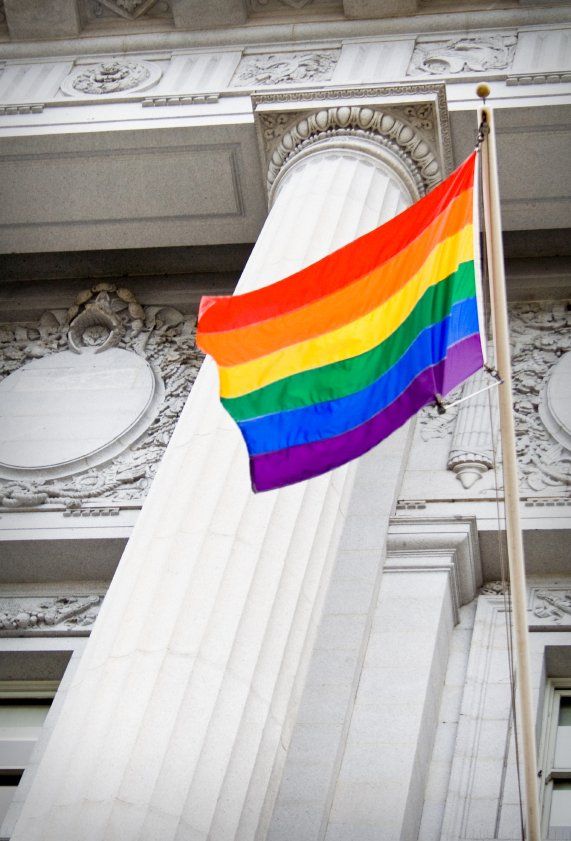
A new executive order protecting LGBT employees of those companies who contract with the federal government was signed by President Obama in July of this year, which could be good news for individuals falling into this category all across the country. This is an extension of previously issued orders handed down by other presidents that ban employment discrimination on the basis of a protected class. Before Obama, the most recent president to do this was Johnson, and there are now many categories that are considered “protected” classes, such as national origin, race, color, sex, or religion. This order adds in LGBT individuals who work for companies that do more than $10,000 in business with the government during any one year.
The new order influences more than one million LGBT workers all over the country, representing the biggest expansion or workplace protections for individuals in this class throughout the history of the United States. As of now, states seem to be lagging in putting forth their own protections, but that tide could turn as this new executive order makes a bold statement regarding protections. There are currently 29 states, including Florida, that offer no form of protection on the basis of sexual orientation and 32 states without any kind of protection based on gender identity. This comes on the heels of research that suggests that up to 43 percent of lesbian, gay, and bisexual individuals and as many as 90 percent of transgender people have undergone some form of harassment or discrimination in the workplace.
Some might ask “will this really make a change?”. The answer is yes, because there are a number of big name companies that fall into the category of doing more than $10,000 a year in business with the federal government already, such as ExxonMobil. Interestingly, that company voted down protections for LGBT employees for the 17 th time despite a “zero tolerance” policy for mistreatment listed in their own handbook. At the same time, the company is looking at an anti-gay discrimination lawsuit.
Most voters already assume that federal law protects LGBT workers. As many as 90 percent of recently polled voters think this is true, although it’s not. The executive order is an important step forward for the federal government to recognize the rights of these employees and to set up a framework for their protection and challenges against discriminatory practices in the workplace.
Research from the private sector indicates that there are many positive aspects to putting anti-discriminatory practices into place, since retention, recruitment, and productivity of highly talented employees grows and a wide base of customers is attracted to the services or goods developed by that company. When asked in a recent poll put forth by the Human Rights Campaign, more than 60 percent of voters are in favor of federal employment protections for LGBT workers.
Obama had intentions to sign this type of order during his 2008 campaign, some administrative staff referred to it as “hypothetical” and the issue appeared to be tabled for the first several years of his time in office. The administration had planned to pursue protections under the Employment Non-Discrimination Act, which would have included LGBT protections. Although the Senate passed this last year, House leaders indicate that it will be an uphill battle to get it passed again this year. LGBT supporters were also concerned about wording inside the act that may grant religious organizations what’s known as “unprecedented privilege” to continue discriminatory practices towards LGBT employees. The order, as signed, does not contain such religious exemptions. This is part of the reason that champions of LGBT rights are extremely excited that the executive order has finally become reality.
If you are an LGBT employee of a federal contractor and believe you have been a victim of discrimination, you should see a lawyer as soon as possible to discuss your options.
References:


